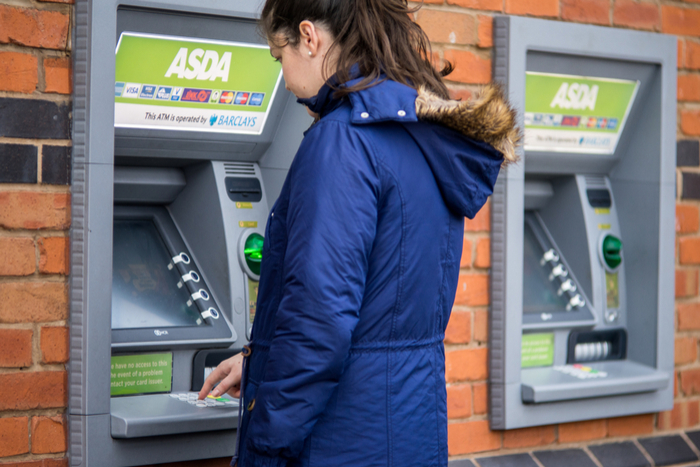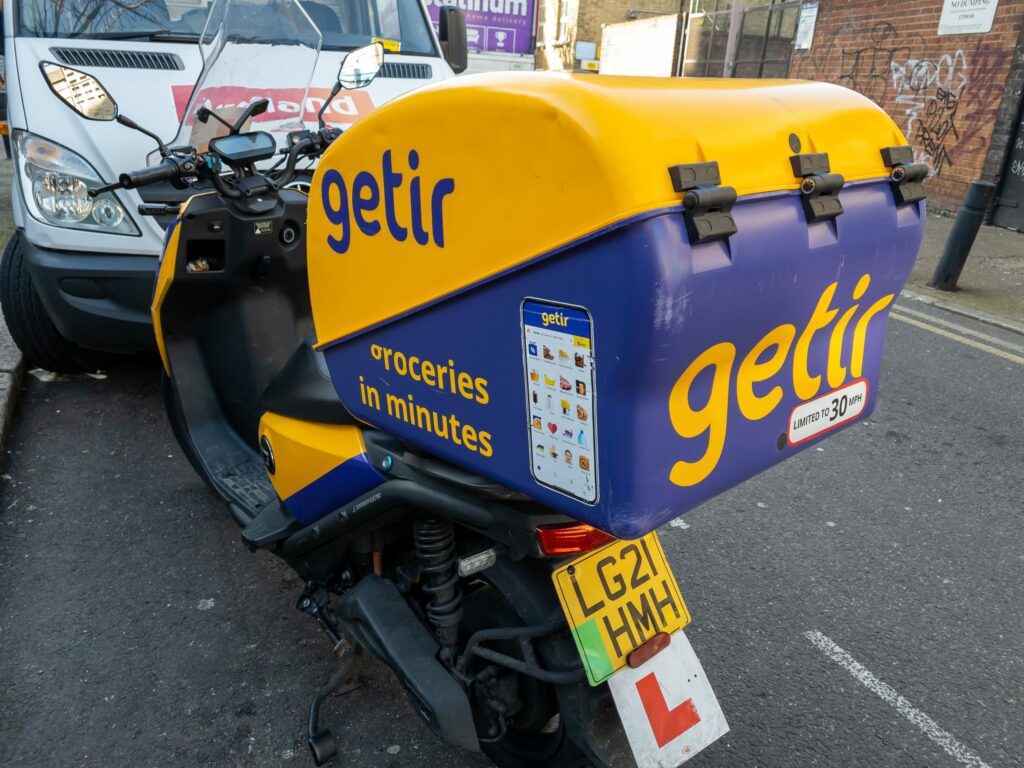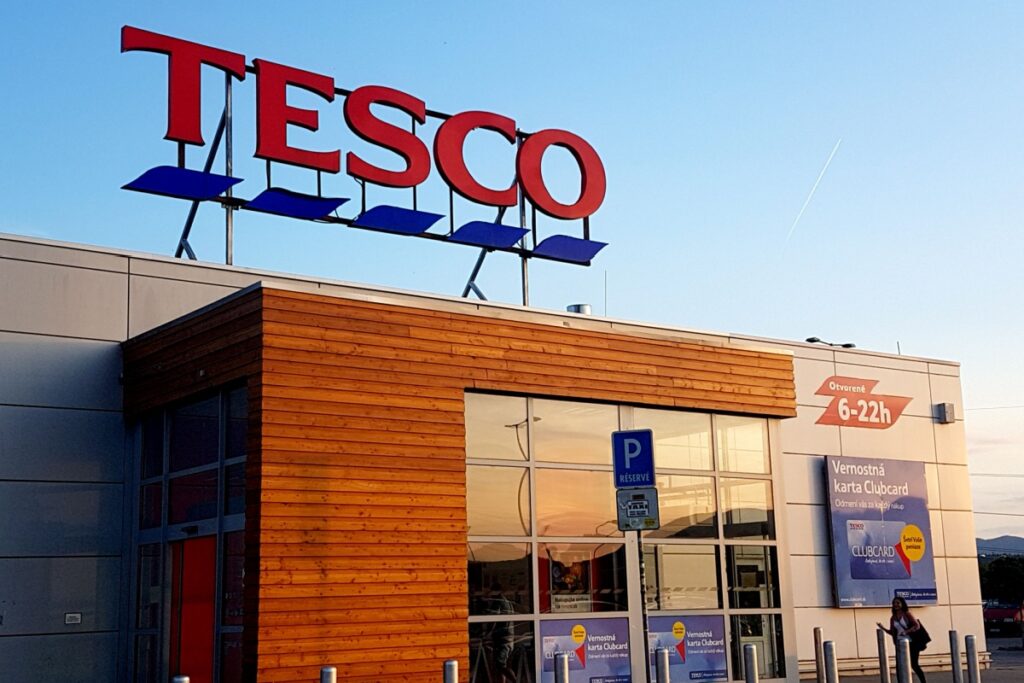// Valuation Office Agency tried to make ATMs in supermarkets liable for business rates and in addition to stores’ business rates
// Court of Appeal ruled in 2018 that ATMs should not attract a separate valuation, but VOA decided to appeal
// The VOA have now lost that appeal, and retailers will receive £430m in rebates
The Supreme Court has handed the embattled retail sector a £430 million tax lifeline by upholding an earlier decision that cash machines are exempt from business rates.
The Court of Appeal ruled in November 2018 that ATMs within existing properties – whether internal or external facing – should not be subject to separate business rates bills, instead falling within the property’s overall existing rates liability.
The decision paved the way for hundreds of millions of pounds of backdated refunds for the hard-pressed retail sector and confirmation that there would be no future tax demands.
READ MORE:
- Court of Appeal rules in favour of retailers in ATM “tax for cash” case
- Court rules “hole in the wall” ATMs must pay separate business rates bill
The Valuation Office Agency (VOA), an executive agency of HMRC, initially tried to make ATMs in supermarkets a separate “hereditament” – in other words, a property to be valued.
This means the supermarket would have one valuation for business rates purposes, and the ATM would have a separate one, for which the supermarket would have to pay.
The total cost to supermarkets and other stores with ATMs inside, like post offices and convenience stores, would have been £430 million.
Today’s unanimous ruling in the Supreme Court comes after the VOA tried to appeal the 2018 ruling from the Court of Appeal.
According to the real estate advisory firm Altus Group, affected retailers will now receive £428.69 million in reimbursement of erroneous bills sent out on over 15,000 cash machines in England and Wales during the last decade since 2010.
Altus Group also said total rates bills in England and Wales between April 2010 and March 2019 for ATMs amounted to £381.99 million.
However, given the ongoing litigation, further bills totalling £46.7 million were then sent out for the last financial year 2019/20.
Altus Group said they will now be reimbursed given the unanimous ruling today.
The firm’s head of business rates Robert Hayton said that during 2019 retailers withdrew 559 ATMs from their stores as they sought to reduce their tax liabilities given the ongoing legal dispute.
“Retailers were left reeling after a decision in 2013 to charge separate business rates on ‘hole in the wall’ cashpoints, which had not previously affected a store’s overall rates bill with extra bills being sent to thousands of retailers in 2014 backdated to April 2010,” he said.
“This will now bring closure to a long costly legal dispute which should never have been brought.”
The BRC hailed the Supreme Court’s ruling as “a victory for common sense”.
“It allows retailers to provide an essential financial service for local communities, without being taxed over £400 million to do so, and it will give the industry a much needed sigh of relief during this time of uncertainty,” BRC property advisor Dominic Curran said.
“The case highlights just how broken the business rates system is.
“We need urgent reform of a tax that disincentivises investment, hampers growth, and harms our economy.”
Bryan Johnston, UK head of real estate litigation at Dentons, the firm that acted for Sainsbury’s, Sainsbury’s Bank and The Co-op in the court case, said today’s victory wasn’t just for retailers.
“It is also a significant victory for the public and their ability to access their own money through the ATM network,” he said.
“If the court had allowed the appeal, many retailers would have had little choice but to reconsider the viability of offering free ATM services for the benefit of their customers.
“This could have had a negative impact on communities where an ATM in a shop is the primary method of accessing funds.”
He added: “Looking to the wider consequences of this ruling the decision of the Supreme Court will be rightfully lauded by those who have waited years for clarity on this matter.
“As addressed by the court from the outset, the impact of this judgment will be immediately felt across England and Wales.
“There are around 34,000 appeals, many of which have been in a state of paralysis for years, which are likely to be determined by this decision.”
Click here to sign up to Retail Gazette’s free daily email newsletter
















